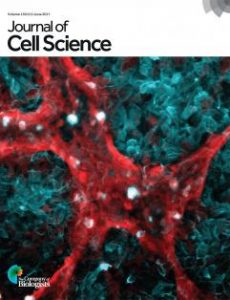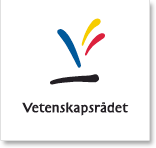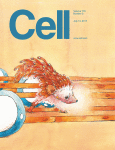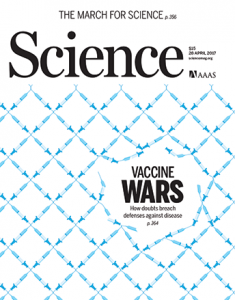 A journal has issued an expression of concern (EOC) for a 2011 cancer paper, while Karolinska Institutet investigates “concerns” about some of the data.
A journal has issued an expression of concern (EOC) for a 2011 cancer paper, while Karolinska Institutet investigates “concerns” about some of the data.
After the Journal of Cell Science (JCS) received a tip from a reader, it investigated, but was unable to resolve the concerns. So the journal asked KI–where all the authors work–to investigate further, and issued an EOC to alert readers that there may be an issue with the paper.
According to the notice, the questions center on data from Fig. 1A, but the notice does not specify the nature of the concerns. The 2011 paper received a correction in 2016, which cites inadvertent figure duplication.
Earlier this year, the paper’s last author Boris Zhivotovsky and second author Helin Vakifahmetoglu-Norberg retracted a 2008 paper from Oncogene over potential image duplication. That retraction caught our attention because it was prompted by a 2016 correction to the paper, which had raised additional questions about potential duplication; ultimately, the authors retracted both the paper and its correction.
Here’s the expression of concern for the 2011 JCS paper: Continue reading Journal flags cancer paper from Karolinska researchers


 Last week, a Swedish government funding agency announced
Last week, a Swedish government funding agency announced 



 Despite continuing to vigorously defend their work, the authors of a controversial paper about the effects of human pollution
Despite continuing to vigorously defend their work, the authors of a controversial paper about the effects of human pollution 